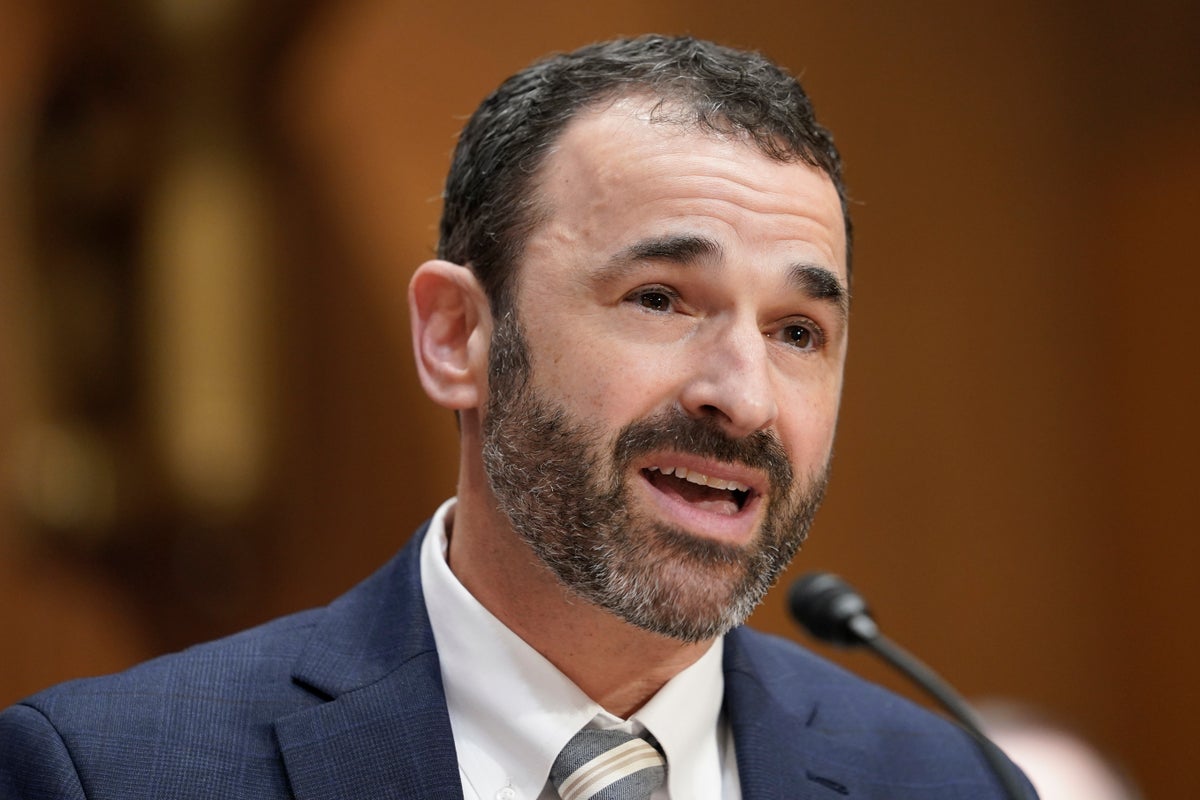
The IRS released details Thursday on how it plans to use an infusion of $80 billion for improved operations, pledging to invest in new technology, hire more customer service representatives and expand its ability to audit high-wealth taxpayers.
While some Republicans have suggested without evidence that the money from the Democrats’ landmark climate change and health care bill would help create a mob of armed auditors to harass middle-class taxpayers, new IRS Commissioner Daniel Werfel said it will not include spending for new agents with guns.
The agency's newly released strategic operating plan lays out the specifics of how the IRS will allocate the $80 billion, over eight years, that was approved in that legislation.
Some improvements have been long expected, such as bringing more paper-based systems online and answering taxpayers' phone calls promptly. Others are more ambitious: continuing to explore ways to create a government-operated electronic free-file tax return system, for example.
No hiring boost is foreseen for the criminal investigation unit, which represents 3% of the agency's workforce and employed roughly 2,077 special agents as of the 2022 budget year, according to the IRS' annual report. Those are the agents who may be armed.
There are “no plans to increase” that division, Werfel said during a call with reporters. "That will stay at its current rate."
Since President Joe Biden signed the measure, known as the “ the Inflation Reduction Act, ” in August, some Republicans have claimed the IRS would use the new money to hire an army of 87,000 tax agents with weapons.
That claim comes from a plan the Treasury Department proposed in 2021 to bring on that many IRS employees over the next decade if it got the money. At least 50,000 IRS employees are expected to retire over the next five years.
The strategic plan does not include final numbers on long-term hiring.
During the call with reporters, Treasury Deputy Secretary Wally Adeyemo said the plan "is heavily driven by the fact that we need to make technology investments that will improve productivity, which will mean that over time the number of employees and the mix of employees at the IRS will change."
After Congress passed the legislation last summer, Treasury Secretary Janet Yellen directed the IRS to develop a plan outlining how the tax agency would overhaul its technology, customer service and hiring processes. Her memo sent instructions to IRS leadership not to increase audit rates on people making less than $400,000 a year annually.
Officials are promising not "to raise audit rates on small businesses and households making under $400,000 per year, relative to historic levels."
Treasury and IRS officials have in recent months promoted the impact of the new spending on internal processes.
Robert Nassau, director of the Low Income Taxpayer Clinic at Syracuse University College of Law, said he has seen some noticeable differences.
“The phone line is amazingly improved, that part of the IRS is working amazingly better,” he said. “But I can see the processing time of written submissions is not back to pre-pandemic sufficiency."
Additional money for the IRS has been politically controversial since 2013, when the agency during the Obama administration was found to have scrutinized political groups that applied for tax-exempt status. A report by the Treasury Department's internal watchdog found that both conservative and liberal groups were chosen for close review.







